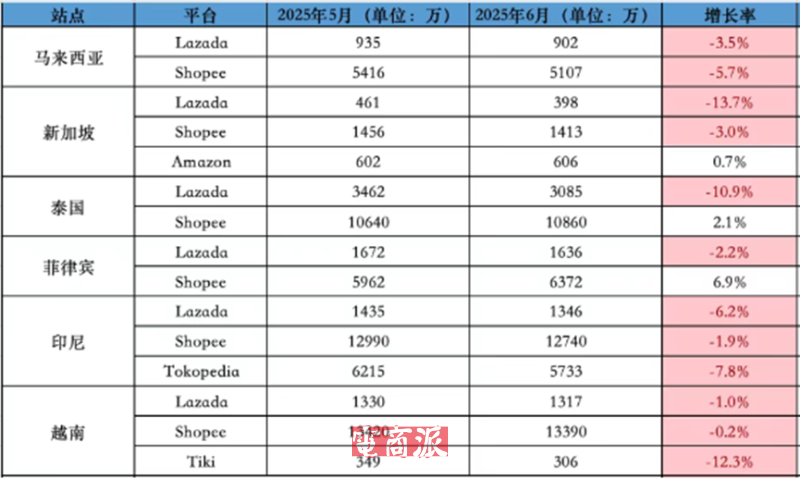debugger

A debugger is a software tool used by programmers to identify and resolve errors or bugs in their code. It allows them to step through their code
inspect variables
and track the execution flow of their program. In this article
we will discuss what a debugger is
how it works
and why it is an essential tool for software development.
What is a debugger?
A debugger is a software tool that allows programmers to analyze and debug their code. It provides various features that help developers identify and fix errors in their code. Some of the common features of a debugger include:
- Setting breakpoints: Developers can set breakpoints in their code at specific lines to pause the execution of the program and inspect the variables and data at that point.
- Stepping through code: Developers can step through their code line by line
allowing them to see how the program execution flows and identify any errors or bugs.
- Inspecting variables: Developers can inspect the values of variables at any point in the program
helping them understand the state of the program and debug any issues.
- Call stack: A debugger provides a call stack that shows the sequence of function calls that led to the current location in the code
helping developers understand the program's execution flow.
- Watch expressions: Developers can set watch expressions to monitor specific variables or data in real-time
allowing them to track changes and identify bugs more effectively.
How does a debugger work?
A debugger works by attaching to the process of the running program and monitoring its execution. When a developer sets a breakpoint in their code
the debugger pauses the program's execution at that point
allowing the developer to inspect the variables and data at that point. The developer can then step through the code
line by line
to see how the program is executing and identify any errors or bugs.
The debugger also provides tools to help the developer analyze and debug their code more effectively. For example
developers can inspect the call stack to see the sequence of function calls that led to the current location in the code or set watch expressions to monitor specific variables or data in real-time.
Why is a debugger important for software development?
A debugger is an essential tool for software development for several reasons:
- Identifying bugs: Debuggers help developers identify errors and bugs in their code by allowing them to inspect variables and track the program's execution flow.
- Improving code quality: By helping developers identify and fix errors in their code
debuggers can improve the quality of the software and ensure that it functions correctly.
- Saving time: Debuggers help developers quickly identify and fix bugs in their code
saving them time and effort in the debugging process.
- Enhancing productivity: By providing tools to analyze and debug code effectively
debuggers help developers work more efficiently and productively.
In conclusion
a debugger is an essential tool for software development that helps developers identify and fix bugs in their code. By providing features to inspect variables
track the execution flow of the program
and set breakpoints
debuggers help developers debug code more effectively and improve the quality of their software. Whether you are a beginner or an experienced programmer
using a debugger can help you write better code and develop software more efficiently.
 邮件群发-邮件群发软件|邮件批量发送工具|群发邮件平台|批量邮箱发送系统公司
邮件群发-邮件群发软件|邮件批量发送工具|群发邮件平台|批量邮箱发送系统公司








